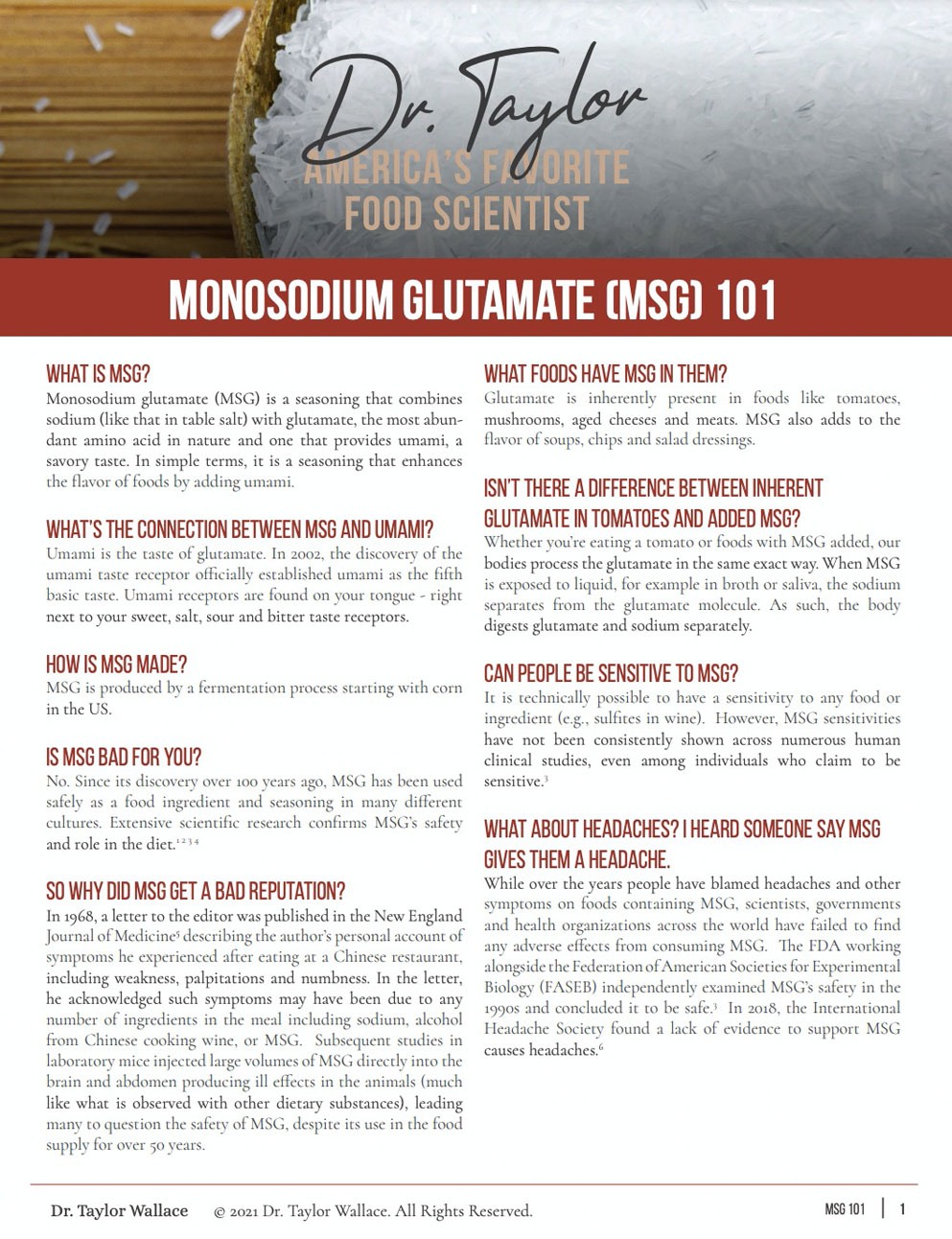Defining the Human Requirement for Magnesium

Health Benefits
Magnesium (Mg2+) is important for many processes in the body, including regulating muscle and nerve function, blood sugar levels, and blood pressure and making protein, bone and DNA. A normal human adult body contains about 24 grams of magnesium and over half resides in in the bones. The amount of this essential mineral you need depends on multiple factors including but not limited to gender, age, race, body weight, energy needs, and intakes of other mineral, particularly sodium and calcium.
Approximately three-fourths of the population in the United States has been shown to consume less than the recommended intake for magnesium. Legumes, nuts, seeds, milk, whole grains and green leafy vegetables are all sources in the diet. In the short term, getting too little does not produce obvious symptoms. When healthy people have low intakes, the kidneys help retain magnesium by limiting its loss in the urine. Low intakes over time can lead to deficiency. Subclinical deficiency has been shown to be a common occurrence in healthy populations and is associated with an increase in low-grade chronic inflammation. This can contribute to the development of chronic conditions such as high blood pressure, heart disease, type-2 diabetes, osteoporosis, and migraine headaches.
Our Ongoing Research
Establishing a Reference Interval for Ionized Mg2+ (iMg2+)
In partnership with Indiana University School of Medicine we are currently undertaking a large systematic review of the scientific literature to determine a reference interval for iMg+2 among adults by health status (e.g., healthy, CVD, type-2 diabetes, migraine).
Bioavailability of Oral Intake of a Picometer-Sized Magnesium Chloride (ReMag®): A Randomized Controlled Trial
Consumer interest has increased recently and for the first-time purchases of magnesium supplements have exceeded calcium supplements. In setting requirements for most minerals, bioavailability is typically considered; there is known variability among magnesium salts used in dietary supplements. Gastrointestinal distress has been extensively documented to occur with supplemental intakes of magnesium at higher levels (above 350 mg per day). The commercial product ReMag®, a picometer-sized form of magnesium chloride that was developed to efficiently deliver stabilized ions that are similar in size to plant magnesium. We are currently running a randomized controlled crossover trial to test the bioavailability of this novel product.
Mg2+ Status and Incidence of COVID-19 Infection
In Partnership with Indiana University School of Medicine, we are assessing if status (among other nutritional markers) can influence the risk of contracting COVID-19 using electronic medial records (EMRs) from over 7,000 patients in the Indiana University Health System Consortium.
Publications
Recommendation on an Updated Standardization of Serum Magnesium Reference Ranges.
2022. European Journal of Clinical Nutrition
On behalf of the MaGNet Global Magnesium Project.
Circulating iMg2+ as a Measure of Supplement Bioavailability: Results from a Pilot Study for Randomized Clinical Trial.
2020. Nutrients.
Combating COVID-19 and Building Immune Resilience: A Potential Role for Magnesium Nutrition?
2020. Journal of the American College of Nutrition
Perspective: The Case for an Evidence-Based Reference Interval for Serum Magnesium: The Time Has Come.
2016. Advances in Nutrition
Additional Resources on Mg2+
Center for Magnesium Education and Research (CMER)
International Society for the Development of Magnesium Research

Interested in Collaborating?
Contact me to discuss!








